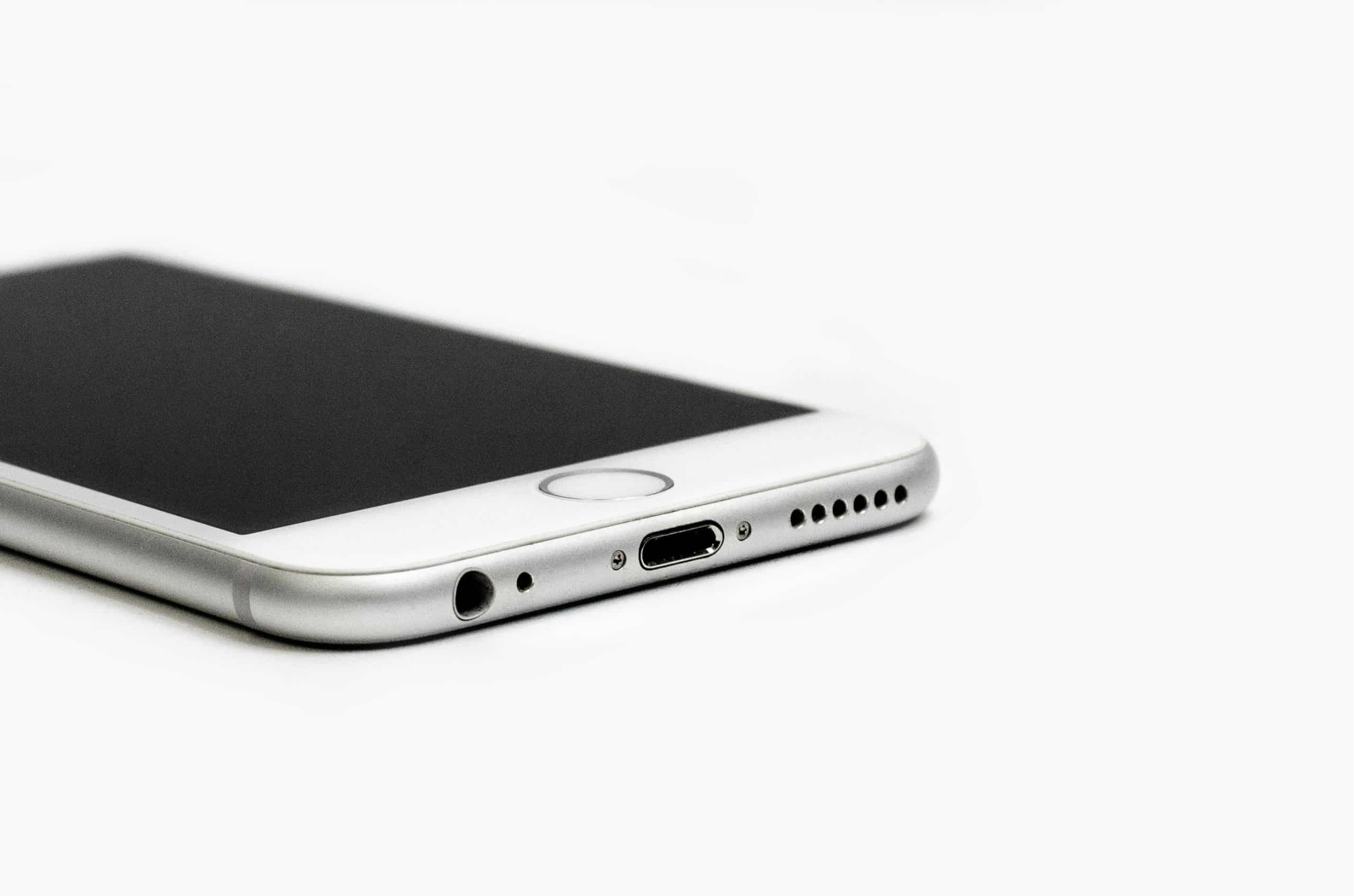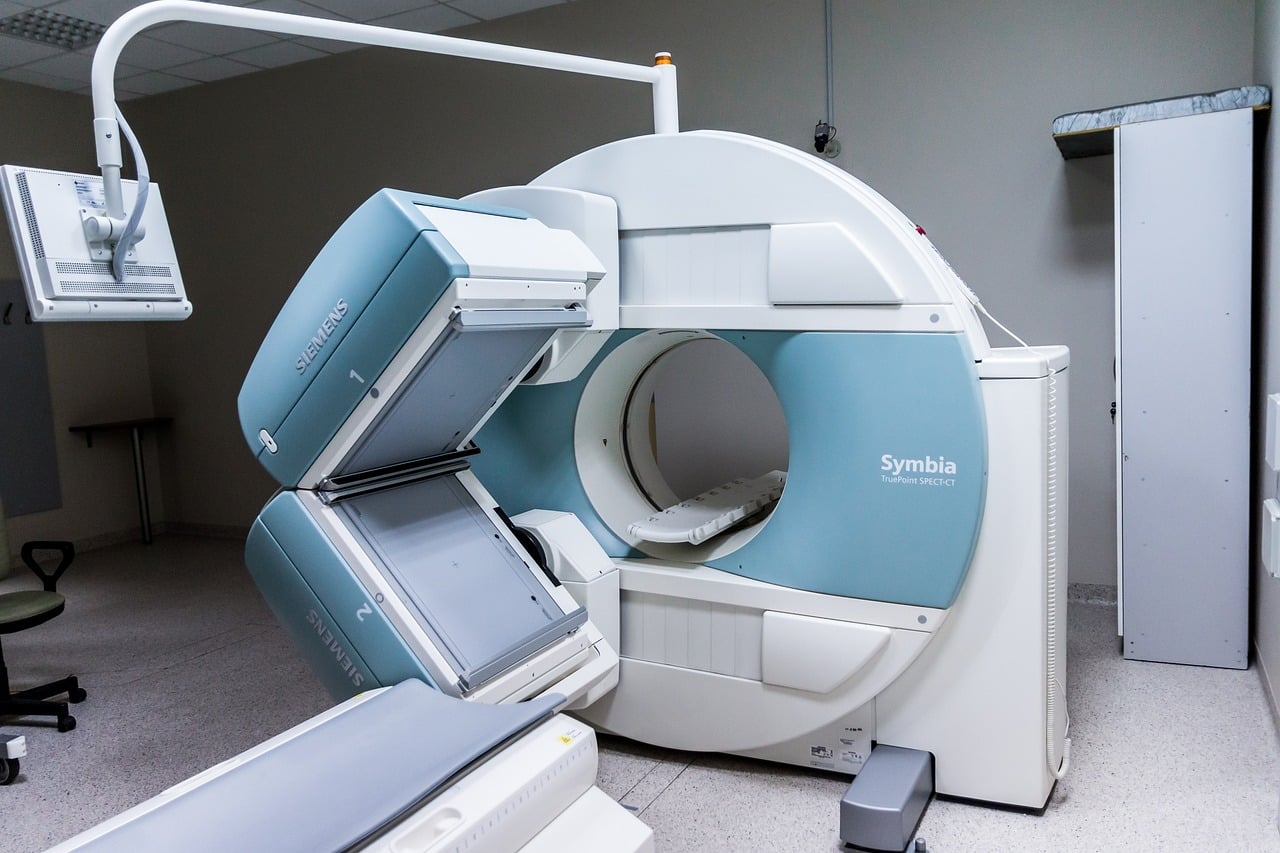Sleep is such an important part of our lives. Yet, many people overlook the role it plays in both physical and mental health. More than 32% of adults have a sleep deficiency. Reports show that 20% of U.S. adults feel tired throughout the day. While it is common for someone to feel tired when they do not get their full seven to nine hours of sleep, there are also other signs of sleep deficiency you should not overlook.
1. Headaches

Headaches are really common and affect about 3.1 billion people annually. They can be annoying and even disrupt your daily life. What some people do not realize is that poor sleep patterns can become a cause of those headaches. We often link headaches to stress, environmental pollutants, or even the latest news articles about plastic found in the human brain.
One study discovered a strong link between pain tolerance and sleep. Those people who do not sleep enough have a lower threshold for pain. Another study found that there is a connection between tension headaches and sleep deficiency. While you could opt for some pain relievers to help with the headaches, the best course of action here is to make the necessary lifestyle changes to get enough sleep.
2. Cognitive Impairment
Your brain needs sleep to consolidate memories, recharge, and get ready for the next day. When you fail to give your brain enough rest, you may notice cognitive impairment. This usually includes difficulty concentrating. When you try to focus on something or solve a problem throughout your daily routine, you may notice that you’re not as effective as always.
Some people also notice that memory problems show up when they have a sleep deficiency. Cognitive impairment can make it hard to do your daily chores. At work, you will find that you lack the productivity you need to be efficient and to offer the workplace excellent performance. For kids and teens, this means poor performance at school.
3. Changes in Emotions
We all experience emotional distress from time to time. There are cases where we simply need to take a mental health day to take care of our minds and brains. However, poor sleep can cause a greater disruption in your emotional health and stability.
You may notice that you have mood swings. Some people become very sensitive to emotional stimuli, which means minor things could make them feel very upset. Depression is also not uncommon in cases where you experience sleep deficiency. Another important thing to note is that existing mental health disorders could feel like they are much worse on days when you go without enough sleep.








